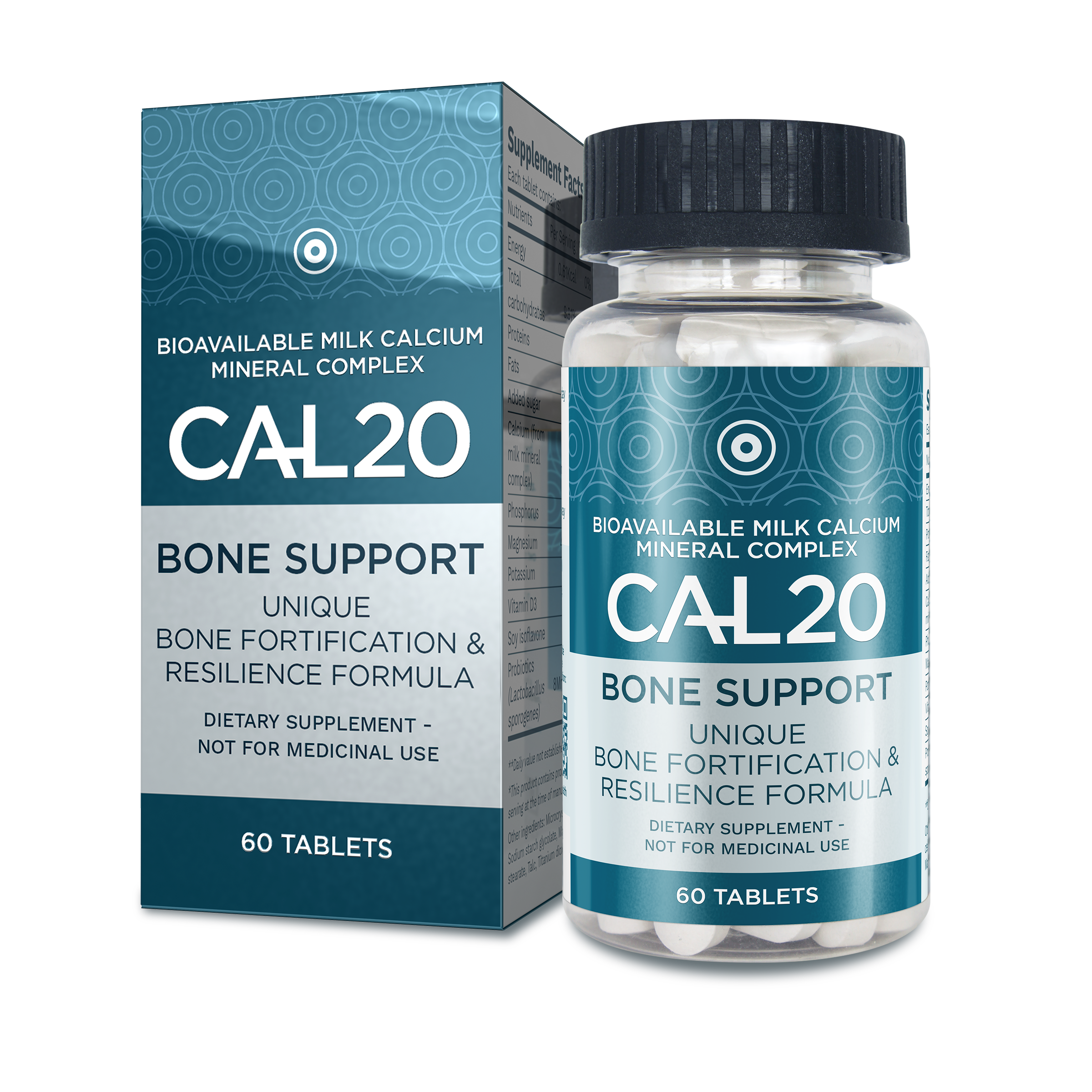Omega-3 Essential Fatty Acids
Omega-3 fatty acids are essential fats that play a crucial role in our overall health and well-being. They are the building blocks for the membrane systems that do most of the heavy lifting for our 30 trillion cells.
They are called essential fatty acids because our bodies cannot produce them on their own and they must be obtained through our diet. Unfortunately, many people are not getting enough of this important nutrient in their diets. The modern-day diets that are high in processed and convenience foods have disrupted the balance between Omega-3 and Omega-6 fatty acids, leading to various chronic health conditions. In this article, we will delve into the significance of Omega-3 fatty acids and explore ways to ensure an adequate intake of this vital nutrient.
The Role of Omega-3 Essential Fatty Acids
Omega-3 fatty acids are vital for a healthy heart, brain, and immune system. They are also crucial for the growth and development of our bodies. These essential fats possess anti-inflammatory properties, which are linked to the prevention of chronic diseases like heart disease, diabetes, arthritis, and certain types of cancer.
Let’s take a closer look at some of the physiological functions that Omega-3 fatty acids are involved in:
Brain Function and Development: Omega-3s are particularly important for brain function and development, especially during pregnancy and early childhood. They are essential components of brain cell membranes and support optimal neurological function.
Heart Health: Omega-3s have demonstrated their ability to lower triglyceride levels, reduce inflammation, improve endothelial function, and minimize the risk of arrhythmias, thus contributing to the prevention of heart disease.
Inflammation: Omega-3s exhibit anti-inflammatory properties, which can help combat chronic inflammation in the body. Chronic inflammation is associated with a wide range of health issues, including heart disease, cancer, diabetes and autoimmune disorders.
Eye Health: Omega-3s are beneficial for maintaining healthy eyes and reducing the risk of age-related macular degeneration, a leading cause of vision loss in older adults.
Joint Health: Omega-3s have shown to reduce joint pain and stiffness in individuals with rheumatoid arthritis and other inflammatory joint conditions.
EPA and DHA
Among the Omega-3 fatty acids, eicosapentaenoic acid (EPA) and docosahexaenoic acid (DHA) are the most important. DHA is a key component of cell membranes and is highly concentrated in the brain and retina. EPA and DHA serve as precursors to potent lipid mediators that have been extensively studied for their potential therapeutic applications in various diseases. These lipid mediators regulate the immune response, inflammation, tissue repair, and overall body homeostasis. It’s important to note that research in this field is ongoing, and our understanding of these lipid mediators and their specific functions continues to evolve.
EPA and DHA have also shown promising results in areas such as weight management, and cognitive function in individuals with very mild Alzheimer’s disease.
EPA and DHA are primarily found in oily fish like salmon, sardines, and mackerel as well as in seeds and nuts such as chia, flaxseed and walnuts. Unfortunately, many people do not consume enough of these foods to meet their daily Omega-3 requirements. This is where Omega-3 supplements can be helpful in ensuring an adequate intake of these essential fatty acids.
Recommended Intake of EPA and DHA
The recommended daily intake of EPA and DHA can vary depending on factors such as age, health conditions, and specific health goals. Here are some general guidelines:
For Healthy Adults: The World Health Organization (WHO) recommends a daily intake of 250-500 mg of EPA and DHA combined to maintain general health.
For Specific Health Conditions: In certain cases, higher doses of EPA and DHA may be recommended. For example, individuals with high triglyceride levels may benefit from a daily intake of 2-4 grams of EPA and DHA under the supervision of a healthcare professional, as suggested by the American Heart Association.
Pregnancy and Breastfeeding: Adequate intake of omega-3 fatty acids, including DHA, is crucial for fetal and infant development. The American Pregnancy Association recommends a minimum of 200-300 mg of DHA per day during pregnancy and breastfeeding.
It’s important to note that these recommendations are general guidelines, and individual needs may vary. Consulting with a healthcare professional or registered dietitian is always a good idea to receive personalized advice based on your specific health status, dietary requirements, and any existing medical conditions.
Furthermore, it’s crucial to be mindful of the total amount of omega-3 fatty acids consumed from all dietary sources, including food and supplements, to avoid excessive intakes that may have adverse effects.
The Omega-3 to Omega-6 Ratio
Modern diets tend to be high in Omega-6 fatty acids, which are present in vegetable oils, grains, and processed foods. While Omega-6 fatty acids are also essential for our health, it’s important to maintain a balanced intake of Omega-3 and Omega-6 fatty acids. Ideally, the ratio between Omega-3 and Omega-6 should be 1:1. However, many people consume a ratio of 1:2 or even higher, leading to chronic inflammation and an increased risk of various chronic diseases.
The Role of Grass-Fed Animals
Grass-fed animals, such as cows, are a good source of Omega-3 fatty acids. When cows graze on grass, their meat and milk contain higher concentrations of Omega-3 fatty acids, including alpha-linolenic acid (ALA), EPA, and DHA, compared to grain-fed animals. Additionally, grass-fed animals typically have a better Omega-3 to Omega-6 fatty acid ratio compared to conventionally raised animals. Given that Omega-6 fatty acids are more abundant in modern diets due to the consumption of processed and vegetable oils, achieving a balanced ratio between Omega-3 and Omega-6 fatty acids is crucial for overall health. An imbalanced ratio can lead to inflammation in the body.
While opting for grass-fed meat and dairy products can increase Omega-3 intake and reduce Omega-6 intake, it’s important to note that they may not provide sufficient levels to meet individual daily needs.
The Role of Omega-3 Supplements
Although consuming a diet rich in Omega-3 fatty acids is ideal, it may not always be feasible. This is where Omega-3 supplements come into play, ensuring an adequate intake of these essential fatty acids. Numerous high-quality, ethically sourced Omega-3 supplements are available, including fish oil, krill oil, and algae oil. When selecting an Omega-3 supplement, it’s important to choose one that is rich in EPA and DHA and has undergone third-party testing to ensure purity and potency.
Conclusion
Omega-3 essential fatty acids are crucial for our overall health and well-being. Ensuring an adequate intake of these essential fats can be achieved through a diet rich in oily fish, grass-fed meat, and dairy products, certain seeds and nuts, as well as the use of high-quality Omega-3 supplements. By doing so, we can reduce inflammation in our bodies, which in turn lowers the risk of chronic diseases and improves our overall health and well-being.
Guidelines for Choosing Omega-3 Supplements
Here are some guidelines to consider when selecting a high-quality, ethically sourced Omega-3 supplement:
Source of Omega-3: Look for supplements derived from cold-water fatty fish such as salmon, mackerel, sardines, or anchovies, as these fish tend to have higher concentrations of Omega-3 fatty acids.
Omega-3 Content: Check the label to ensure the supplement provides sufficient amounts of EPA and DHA, the primary forms of Omega-3 fatty acids.
Third-Party Testing: Choose supplements that have undergone independent third-party testing to verify their purity and absence of contaminants such as heavy metals and PCBs.
Certification: Look for supplements with certifications from reputable organizations like the International Fish Oil Standards (IFOS), United States Pharmacopeia (USP), or National Sanitation Foundation (NSF), as these indicate high-quality standards in the USA.
Freshness: Omega-3 supplements can oxidize and become rancid over time. Select supplements that have measures in place to maintain freshness, such as the inclusion of antioxidants like vitamin E.
Form and Dosage: Consider your preferred form of supplementation (liquid, capsules, softgels) and the appropriate dosage for your specific needs. Follow the recommended dosage instructions or consult with a healthcare professional for personalized advice.
Brand Reputation: Choose brands with a good reputation, positive customer reviews, and a history of producing reliable and high-quality supplements.
It’s important to note that individual needs may vary, and what works well for one person may not be the best choice for another. Always consult with a healthcare professional before starting any new supplement to determine the appropriate dosage and ensure it aligns with your specific health needs. When in doubt, test!
References
Mozaffarian D, Rimm EB. Fish intake, contaminants, and human health: evaluating the risks and the benefits. JAMA. 2006;296(15):1885-1899.
Omega-3 Fatty Acids for the Prevention of Cardiovascular Disease: A Systematic Review. AHRQ Comparative Effectiveness Reviews, No. 93. Agency for Healthcare Research and Quality (US); 2012.
Kris-Etherton PM, Harris WS, Appel LJ. Fish consumption, fish oil, omega-3 fatty acids, and cardiovascular disease. Arterioscler Thromb Vasc Biol. 2003;23(2):e20-e30.
Dyall SC. Long-chain omega-3 fatty acids and the brain: a review of the independent and shared effects of EPA, DPA and DHA. Front Aging Neurosci. 2015;7:52.
Harvard School of Public Health -The Nutrition Source: Omega-3 Fatty Acids: An Essential Contribution
Omega-3 Fatty Acids EPA and DHA: Health Benefits Throughout Life – Danielle Swanson, Robert Block, Shaker A. Mousa Author Notes
Advances in Nutrition, Volume 3, Issue 1, January 2012, Pages 1–7, https://doi.org/10.3945/an.111.000893 Published: 05 January 2012




